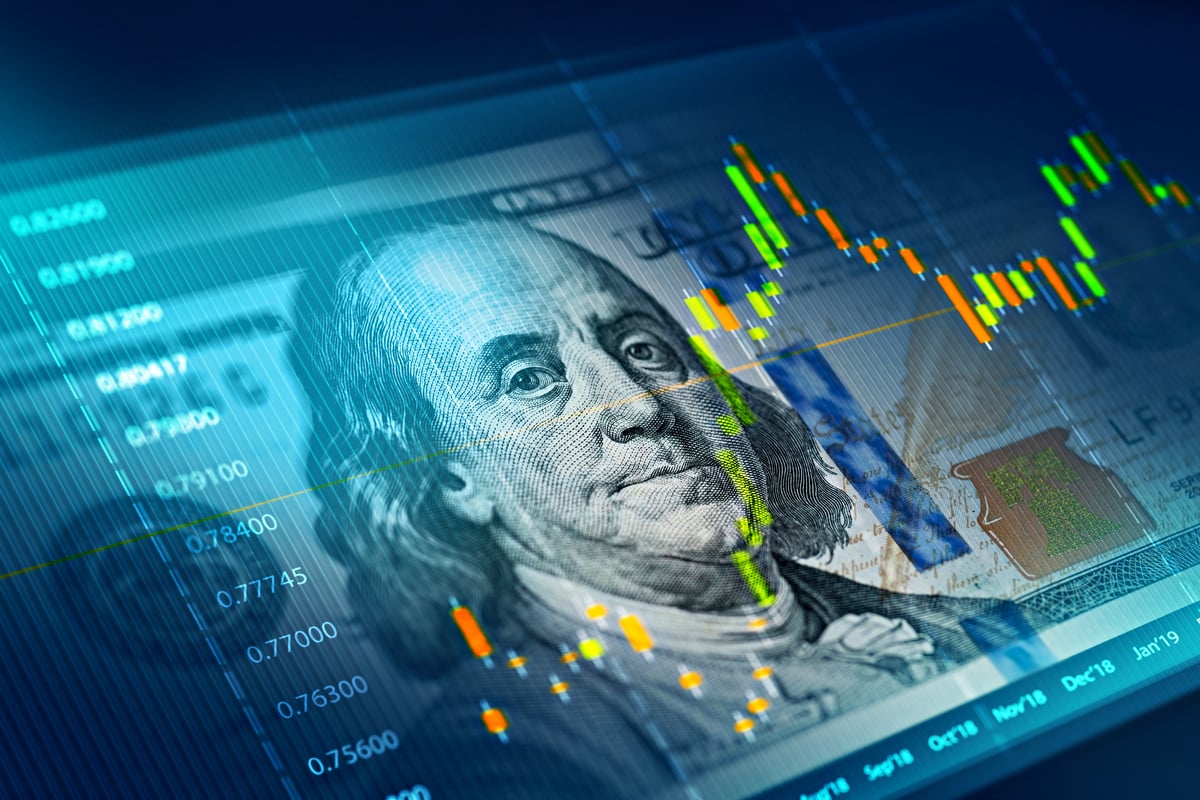eBay (EBAY +0.16%) panicked PayPal Holdings (PYPL +0.80%) investors when the online auction site announced plans to bring its payment processing in-house instead of sticking with PayPal for the service. The process will take until the summer of 2020 to complete, but eBay says it could generate an additional $2 billion in incremental revenue by intermediating payments itself by next year.
It's extremely unlikely PayPal will lose all of its business with eBay. PayPal will remain a payment option on eBay until at least 2023, after renewing that part of its agreement with its former parent company. Management says it expects to retain a lot of business based on previous merchant behavior.
Here are three reasons PayPal will have no problems after eBay ditches it.

Image source: PayPal
1. PayPal is good at retaining customers at checkout
PayPal has had smaller payment processing customers switch or bring their processing in-house in the past. On average, it takes merchants a few years to make the full transition, and even after that PayPal says it keeps about 50% of customer payments through its branded platform.
eBay expects the transition to happen quickly -- in terms of months, not years -- as it moves sellers to a simplified cost structure that integrates listing and payments fees. That said, the long-standing relationship between eBay and PayPal could mean an even higher percentage of checkouts will still go through PayPal.
It's worth noting that PayPal currently has a higher take rate from eBay transactions, and that will change once it no longer processes payments directly on eBay. But eBay will also have lower costs. In fact, COO Bill Ready says processing payments is often a loss leader for the company. So eBay is giving up less valuable transactions and keeping the more valuable ones.
2. PayPal's other big merchants are growing significantly faster than eBay
eBay's gross merchandise volume (GMV) has lagged the rest of the industry over the past few years. GMV grew just 6% in 2017 after a sluggish 2% increase the year before. Meanwhile, the overall e-commerce industry is growing at an annual rate above 20%.
Ready told investors at a recent conference that payments coming from its top 10 merchant partners outside of eBay are growing at over 56%. By comparison, eBay payments are growing between 4% and 7%.
Indeed, PayPal has seen eBay become a significantly smaller portion of its business since eBay spun out the company in 2015. eBay's fallen from 19% of payment volume in the fourth quarter of that year to just 13% this year. If the trend continues, PayPal CEO Dan Schulman pointed out on the fourth-quarter earnings call, eBay could account for just 4% of payment volume in 2021 -- the first full year following the end of the operating agreement.
3. PayPal is a big beneficiary of the growth in mobile commerce
Mobile commerce accounted for about one-third of online retail last year. By 2021, the first year after eBay ditches PayPal, mobile will account for more than half of e-commerce sales, according to eMarketer. The growth of mobile is a huge driver for PayPal.
"The strong preference for the consumer for the digital wallet buying experience we offer on mobile has been one of the biggest accelerants" of user growth, Ready said. "We have 80 million-plus people on PayPal One Touch, our mobile buying solutions, versus 40 million a year ago. And 8 million merchants versus 5 million a year ago."
As more people shop on mobile, PayPal has seen its users become more engaged. Transactions per account for the trailing 12 months have increased from 30.2 in the third quarter of 2016 to 33.6 in the fourth quarter last year. Mobile payment volume increased 53% in the fourth quarter, versus 32% overall payment volume growth.
The convenience of PayPal on mobile will continue to drive results for PayPal whether that's on eBay's mobile website or with any other retailer.
To be sure, losing a part of eBay's business presents a headwind for PayPal, but the impact isn't likely to be nearly as great as investors had initially feared. PayPal is keeping the most profitable part of its business with eBay, and it's good at holding on to customers there. What's more, it's growing so much more quickly with other merchants and on mobile that the impact of losing some of eBay's business will be minimal at that point. PayPal investors have nothing to worry about.






